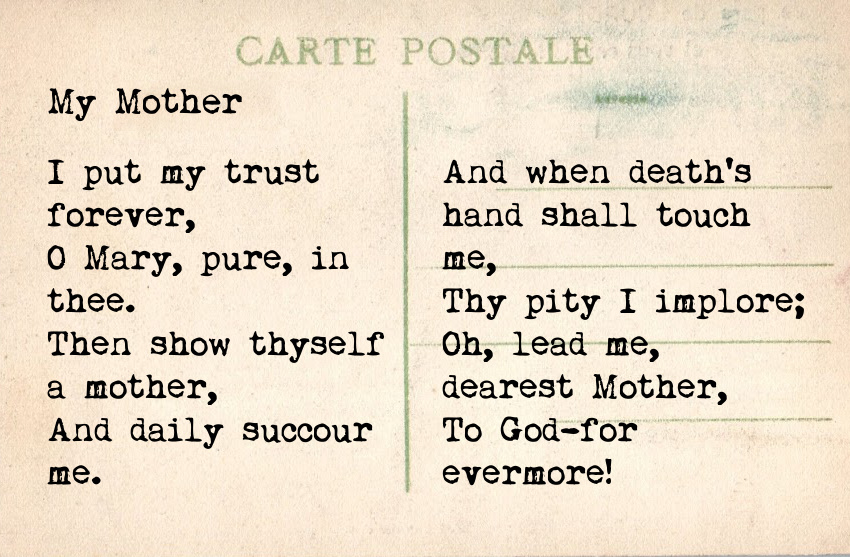This chapter details a conversation between Bernadette and the Cure of Lourdes, whose skepticism and demand for a miracle as proof of the Apparition lead to varied reactions. Some, like Jacomet and Dutour, see it as a clever escape from endorsing or outright denying Bernadette's visions, while firm believers remain hopeful yet anxious about the demanded proof. The atmosphere is tense as both sides eagerly anticipate the outcome.
Find more chapters here.
IT was not long before all the details of the conversation, which had taken place between Bernadette and the universally respected priest who at that time was Curé of the town of Lourdes, became generally known.
“He has given her a sorry reception,” observed the savants and philosophers in great glee. “He is too reasonable to believe in the reveries of a child in a state of hallucination and has shown considerable tact in getting hmself out of the difficulty. On the one hand, it was impossible for a man of his intelligence and calibre to countenance such follies, while on the other, by opposing to all this a simple denial, he would have had all this fanatical multitude on his back. Instead of falling into the double danger and being taken in the horns of this dilemma, he escapes quietly out of the difficulty and without going directly against the popular belief, he very cleverly demands a visible, palpable, and certain proof from the Apparition,―in a word, a Miracle, which is equivalent to an impossibility. He condemns the lie or the illusion to refute themselves, and, with the thorn of a wild rose tree bursts this grand balloon. It is a very happy idea.”
Jacomet, M. Dutour and their friends rejoiced at this demand in due form of law notified to the invisible Being of the Grotto. “The Apparition is summoned to produce her passport.” was a joke repeated with much laughter in official quarters.
“The wild-rose will blossom,” said the firmest among the believers, those who were still under the impression made on them by having witnessed Bernadette in a state of ecstacy.
A great number, believing though they did in the Apparition, were alarmed at this ordeal. The heart of man is after this fashion, and the Centurion, mentioned in the Gospel, spoke for the most of us when he said, “Credo Domine, adjura incredulitatem meam.” “Lord I believe. Help thou mine unbelief.”


No comments:
Post a Comment